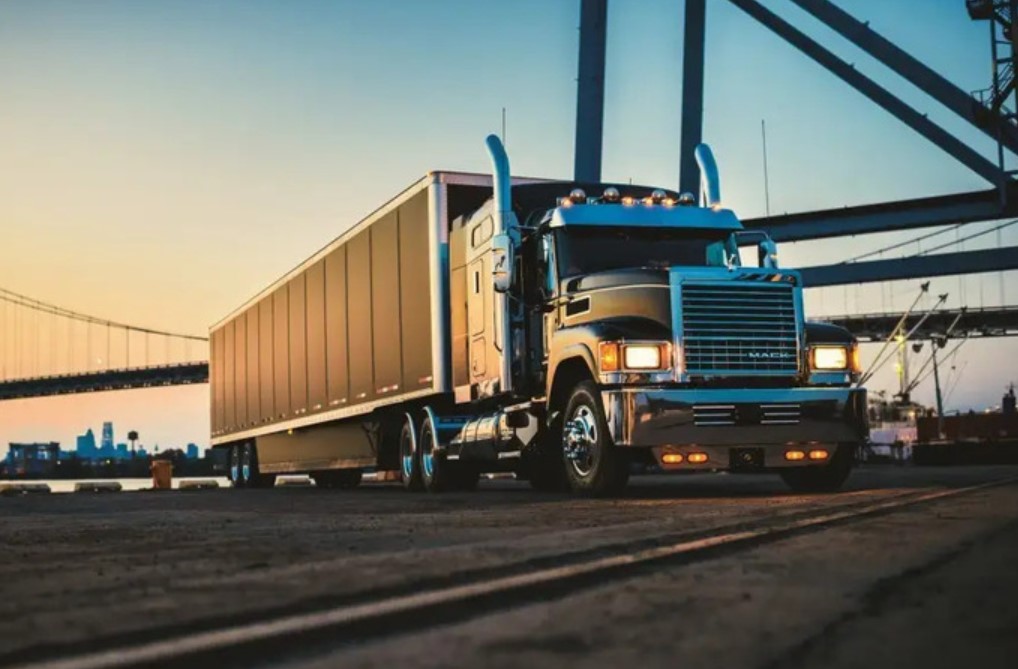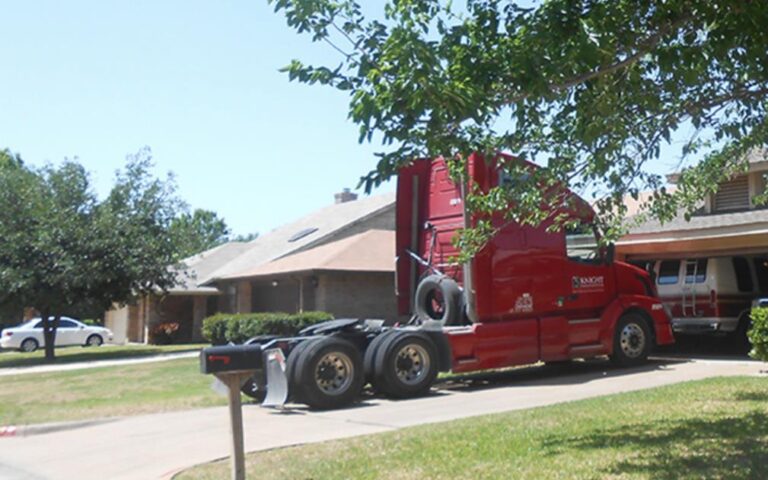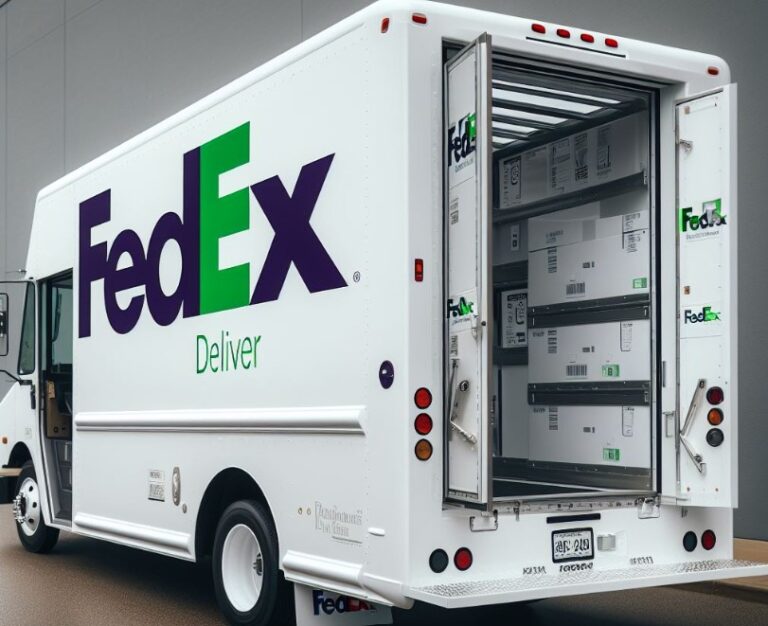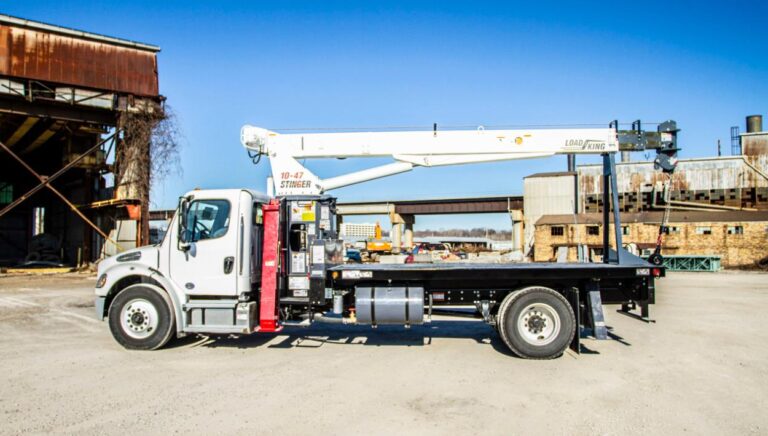What Does Not For Hire Mean On Trucks? Answered
This article will explain What Does Not For Hire Mean On Trucks? When you see a truck with the words “Not For Hire” boldly displayed, it signifies a specific legal and operational status. This distinction is crucial, especially in the realm of transportation and commercial vehicle regulations. The designation means the truck is used privately and not for commercial profit-making activities. Knowing this helps in understanding the scope and limitations imposed on such vehicles.
Key Takeaways
- “Not For Hire” on trucks indicates that the vehicle is used for private purposes.
- It distinguishes the truck from commercial vehicles that carry goods for profit.
- Understanding this designation helps in legal and regulatory compliance.
- The phrase impacts insurance and operational restrictions for the vehicle.
What Does Not For Hire Mean On Trucks?
This refers to a designation that indicates the truck is used exclusively for private purposes and not for commercial activities. This means the truck is not used to transport goods or passengers for profit, exempting it from certain regulations that apply to commercial vehicles.

Legal Implications of ‘Not For Hire’ Trucks
Understanding Regulatory Compliance
‘Not For Hire’ trucks fall under a different category in the eyes of the law. They are exempt from certain regulations that govern commercial vehicles.
This includes exemption from certain Federal Motor Carrier Safety Administration (FMCSA) regulations. However, they must still adhere to safety standards and vehicle maintenance requirements.
Impact on Licensing and Permits
Drivers of ‘Not For Hire’ trucks may not need the same level of licensing as commercial truck drivers. For example, a Commercial Driver’s License (CDL) is not mandatory unless the vehicle meets certain size or weight criteria. This simplifies the process for private truck owners.
Insurance Considerations for ‘Not For Hire’ Trucks
Differences in Insurance Policies
Insurance for ‘Not For Hire’ trucks differs from commercial vehicle insurance. These trucks are often insured under personal auto policies, which are typically less expensive than commercial policies. However, coverage limits and conditions might vary.
Risk Assessment and Coverage
Insurance companies assess ‘Not For Hire’ trucks differently since they are not used for commercial purposes. This can result in more favorable insurance rates but may also come with certain usage restrictions to maintain the policy’s validity.
Operational Limitations and Restrictions

Usage Boundaries for Private Trucks
‘Not For Hire’ trucks are restricted in their operational scope. They cannot be used to transport goods or passengers for profit. This clear distinction helps in avoiding potential legal issues related to commercial transportation.
Compliance with State and Federal Laws
Despite being private, these trucks must still comply with state and federal transportation laws. This includes adherence to weight limits, road safety regulations, and periodic inspections.
Economic Impact of ‘Not For Hire’ Designation
Cost Savings for Private Truck Owners
Owners of ‘Not For Hire’ trucks often enjoy cost savings in terms of lower insurance premiums and reduced regulatory burdens. This makes the private use of large vehicles more economically viable.
Effect on the Transportation Industry
While ‘Not For Hire’ trucks do not directly contribute to the commercial transportation sector, their distinction ensures a clear demarcation in the industry. This helps in maintaining a structured and regulated transport system.
‘Not For Hire’ Trucks in Society
Role in Personal and Business Use
‘Not For Hire’ trucks play a significant role in personal and small-scale business operations. They facilitate the transportation of personal goods, equipment for hobbies, or materials for non-commercial projects.
Perception and Misconceptions
There are misconceptions about the capabilities and legalities of ‘Not For Hire’ trucks. Educating the public about this designation helps reduce confusion and ensure the respectful and lawful use of these vehicles.
Why Do People Put Not For Hire On Trucks?
People put “Not For Hire” on trucks to indicate that the vehicle is used for personal, non-commercial purposes. This distinction is crucial as it informs law enforcement and regulatory agencies that the truck is not being used to transport goods or passengers for profit.

The designation exempts the truck from certain regulations that apply to commercial vehicles, such as specific licensing requirements, operational logs, and higher insurance premiums. Essentially, it communicates that the truck owner is not engaging in commercial transportation activities.
What Does For Hire Mean On Trucks?
“For Hire” on trucks indicates that the vehicle is used for commercial purposes, specifically for transporting goods or passengers in exchange for payment. Trucks with this designation are subject to various federal and state regulations governing commercial vehicles.
This includes adhering to safety standards, maintaining detailed operational logs, and possessing appropriate commercial vehicle insurance. The “For Hire” label is a legal declaration of the truck’s use in commercial activities, distinguishing it from personal or private use vehicles.
What Is Hauling For Hire Mean?
Hauling for hire refers to the use of a truck or any vehicle to move goods for other individuals or companies in exchange for payment. This service falls under the category of commercial transportation.

Vehicles used for hauling for hire must comply with specific regulations, including commercial licensing, adherence to weight and safety standards, and appropriate insurance coverage.
It is a subset of the broader category of ‘For Hire’ transportation services, focusing specifically on the movement of goods as opposed to passengers.
What Does It Mean To Be A For Hire Motor Carrier?
Being a “For Hire Motor Carrier” means operating a business that provides transportation services to the public or specific clients in exchange for payment. This can include the transportation of goods, materials, or passengers.
For hire motor carriers must comply with a range of regulations set by the FMCSA and state authorities, which include maintaining a commercial driver’s license (CDL) for drivers, adhering to hours-of-service regulations, conducting regular vehicle inspections, and carrying adequate insurance.
This designation is important in the transportation industry as it signifies the vehicle’s involvement in commercial activities, impacting its legal and operational responsibilities.
Conclusion
Understanding the meaning of ‘Not For Hire’ on trucks is crucial. It is not just a phrase but a legal designation that impacts insurance, operational limitations, and compliance with laws.
Recognizing the importance of this distinction helps truck owners navigate the complexities of vehicle use, ensuring they stay within legal and regulatory boundaries. It’s a key aspect of the transportation landscape, balancing personal use with commercial transport demands.
Frequently Asked Questions
Can ‘Not For Hire’ Trucks Be Converted to Commercial Use?
Converting a ‘Not For Hire’ truck to commercial use is possible but requires meeting all the legal, insurance, and regulatory requirements for commercial vehicles, including changes in registration and insurance.
How Does the ‘Not For Hire’ Designation Affect Vehicle Inspections?
‘Not For Hire’ trucks must still undergo regular vehicle inspections to ensure they meet safety standards. However, they might be exempt from some of the rigorous inspections required for commercial vehicles.
Can ‘Not For Hire’ Trucks Cross State Lines?
Yes, ‘Not For Hire’ trucks can cross state lines as long as they comply with the laws and regulations of each state they enter, including safety standards and road usage laws.
What Happens If a ‘Not For Hire’ Truck is Used Commercially?
Using a ‘Not For Hire’ truck for commercial purposes is illegal. It can lead to fines, legal action, and invalidation of insurance policies, as it breaches the terms of its designation and insurance coverage.

Welcome to the exhilarating world of Matt Rex, a professional car racer turned renowned vehicle enthusiast. Immerse yourself in his captivating blog as he shares heart-pounding adventures, expert reviews, and valuable insights on cars, trucks, jets, and more. Fuel your passion for speed and discover the beauty of vehicles through Matt’s engaging stories and meticulous expertise. Join the ever-growing community of enthusiasts who find inspiration and expert advice in Matt Rex’s blog—a digital hub where the thrill of speed meets the pursuit of knowledge.






